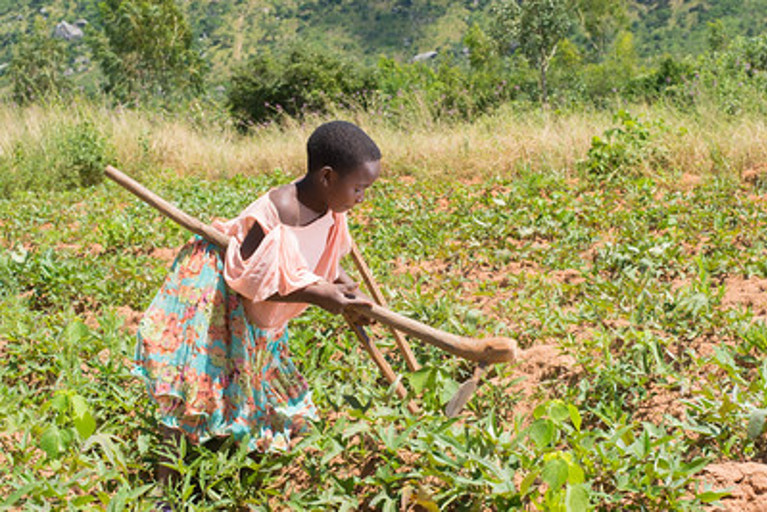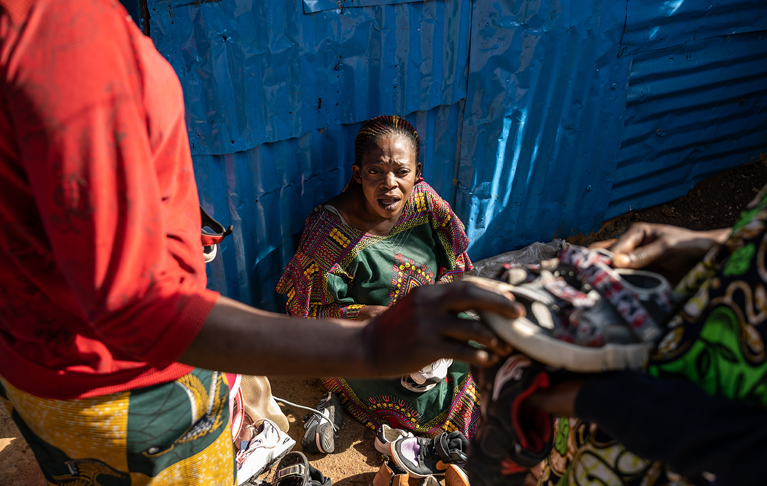Numbers Don't Lie: Analysing the Alarming Statistics of Women and Poverty
13 Jul 23
Did you know the alarming rate of women affected by poverty worldwide? It's a pressing issue that we can no longer ignore. In this article, we will explore women and poverty statistics and the facts surround them. By shedding light on the impact of poverty on women's lives, we aim to inspire you to join us in finding solutions. Together, we can make a difference and help to break the cycle of inequality.
Understanding the rate of women in poverty:
Let's take a closer look at the numbers. The World Bank reports that approximately 330 million women worldwide live in extreme poverty, surviving on less than $1.90 per day. This means that millions of women struggle to meet their basic needs facing significant challenges in:
- Education
- Healthcare
- Economic opportunities
Education is a catalyst for change:
Education plays a crucial role in empowering women and breaking the cycle of poverty. Yet, there are still barriers to accessing education, especially for girls. According to United Nations, around the world, approximately 130 million girls are out of school. This injustice denies them the chance to build a future with choice and autonomy. By investing in education for girls, we can create a pathway towards equality and economic independence.

The impacts of health inequality:
Access to healthcare is another critical aspect affected by the intersection of poverty and gender. Analysing women and poverty statistics reveal that, women living in poverty often face limited access to quality healthcare services. This includes reproductive healthcare. As a result, women in low-income countries are more vulnerable to maternal mortality. According to World Health Organisation, in high-income countries, this is 1 in 5300, versus 1 in 49 in low-income countries.
Bridging this healthcare gap is essential for improving women's well-being and breaking the cycle of poverty.
The gender pay gap: An obstacle to economic empowerment:
Women continue to face the challenge of gender pay gaps, earning less than men for equivalent work. This wage disparity perpetuates poverty among women. It makes it difficult for them to escape economic dependence. Addressing this issue requires advocating for equal pay for equal work. It also includes creating inclusive work environments that support women's career advancement.
Breaking the cycle of poverty: What can we do?
Women and poverty statistics highlight the unjust reality that many women face around the world, but it's up to us to create real change. Here are some ways you can help break the cycle of poverty and inequality:
- Support education initiatives: Caritas Australia works with its partners around the world to support education opportunities for girls and women. By donating, you can contribute to their empowerment and help break the cycle of poverty.
- Advocate for equal rights and opportunities: Raise awareness about gender inequality. Support policies that promote equal rights, equal pay, and equal opportunities for women.
- Support healthcare programs: Support initiatives that focus on women's access to quality healthcare. In Bangladesh, Caritas Australia works with local partners to help train midwives and improve maternal health care in rural communities.
- Empower women economically: with your generosity, Caritas Australia is helping support women-led businesses and microfinance programs along with initiatives that provide skills training and entrepreneurship opportunities. In Indonesia, women are participating in business management training so that they can learn the skills to become financially independent.
The statistics of women living in poverty are startling, but they represent real people with real struggles. By understanding the impact of poverty on women's lives, and taking action, we can help break the cycle of inequality. Let's come together to support women with:
- Education
- Healthcare
- Equal rights
- Economic empowerment
Together, we can build a future where every woman has the opportunity to thrive, and no one is left behind.
Read more about the impact of poverty on women like Rosalie from the Democratic Republic of Congo here.
